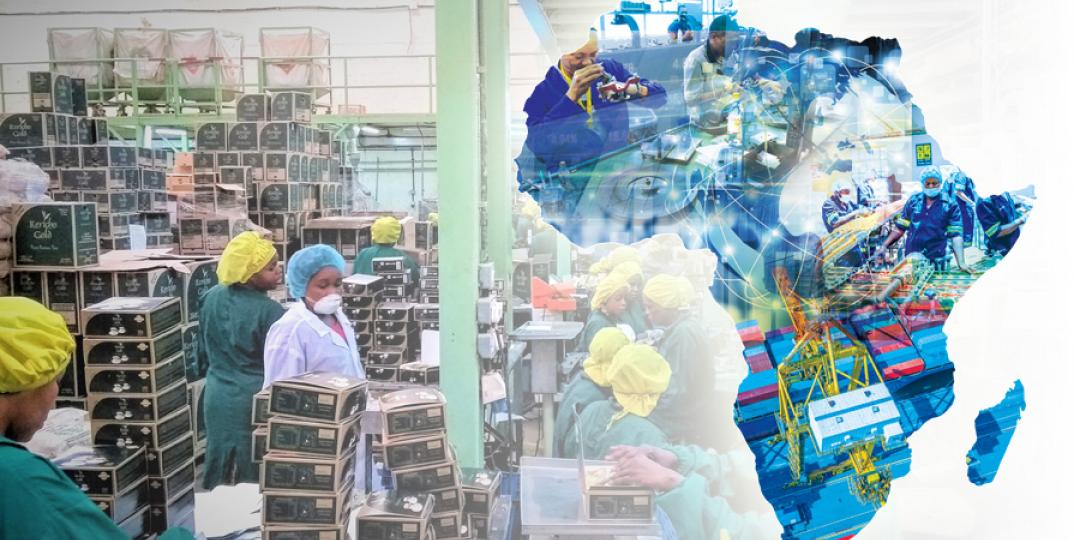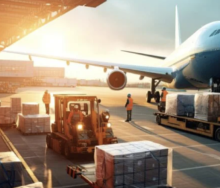The African Business Council, which brings together regional economic communities, has noted the inconsistent and inadequate freight and logistics along African borders, saying it has hindered intra-Africa trade.
In response, the African Continental Free Trade Area (AfCFTA) has called for the removal of visas and reduction of customs processes to facilitate easier movement of goods between African countries.
The AU Commission Deputy Chairperson, Monique Nsanzabaganwa, speaking during the official opening of the AfCFTA Business Forum last week at the Cape Town international Convention Centre, said 47 member states had signed the agreement, but she denounced the suggestion of non-tariff barriers to trade, especially regarding transport logistics.
“A number of instruments have been put before you to start trading under the AfCFTA, and these include the AfCFTA e-Tariff Book, the Rules of Origin Manual, the African Business Council, the Pan-African Payments and Settlement System, and the AfCFTA Dispute Settlement Mechanism, among others. All these instruments and tools are designed to ensure that legitimate business transactions thrive,” said Dr Nsanzabaganwa.
African countries are currently facing high customs delay periods as they face challenges with visas, shortages of paved roads suitable for freight, and increasing loss of goods due to limited cold chains.
“This is an opportunity for our continent to leapfrog as we recover from the ravages of the Covid-19 pandemic and the geo-politics. It is equally an opportune moment to galvanize the continent from the extra-continent dynamics and start looking for home-grown solutions,” said Dr Nsanzabaganwa.
Imports to African states currently amount to $36.8 billion’s worth of freight or logistics goods, from passenger freight and transport to parcel and courier services, every year. Under AfCFTA, the amount is set to swell, however this is hindered by three-day delays in visa applications for the people transporting the goods.
“As we say, goods move with people. This idea of taking more than three days waiting for a visa application at the border is killing intra-Africa trade. As members of the African Business Council, we want African countries to eliminate visa applications at the border and reduce the amount of time it takes to fill in customs paperwork,” said John Kalisa, chief executive officer of the East African Business Council, a member of the ABC representing the East African Community.
“RECs have a critical responsibility in creating awareness of AfCFTA’s instruments to enable the business community to take advantage of the opportunities presented by AfCFTA,” Kalisa added.













